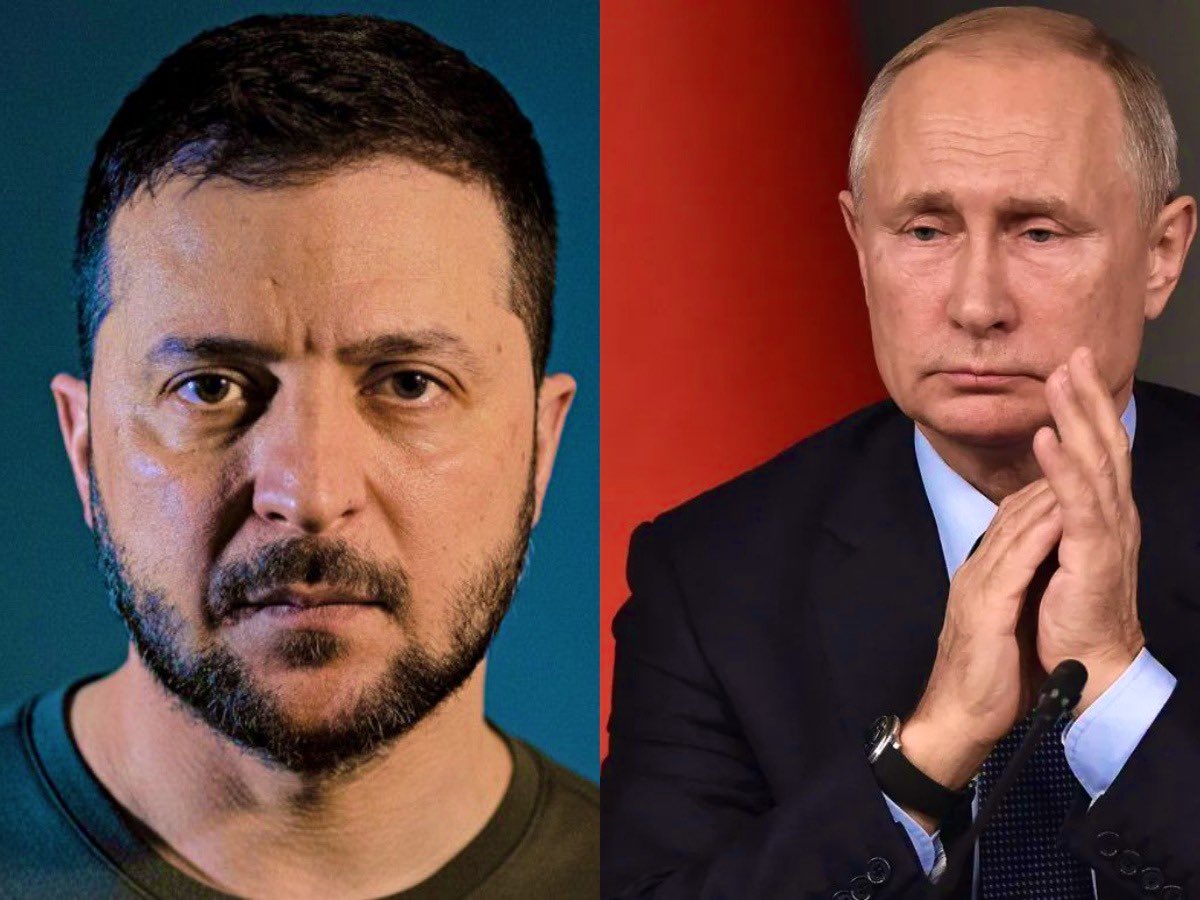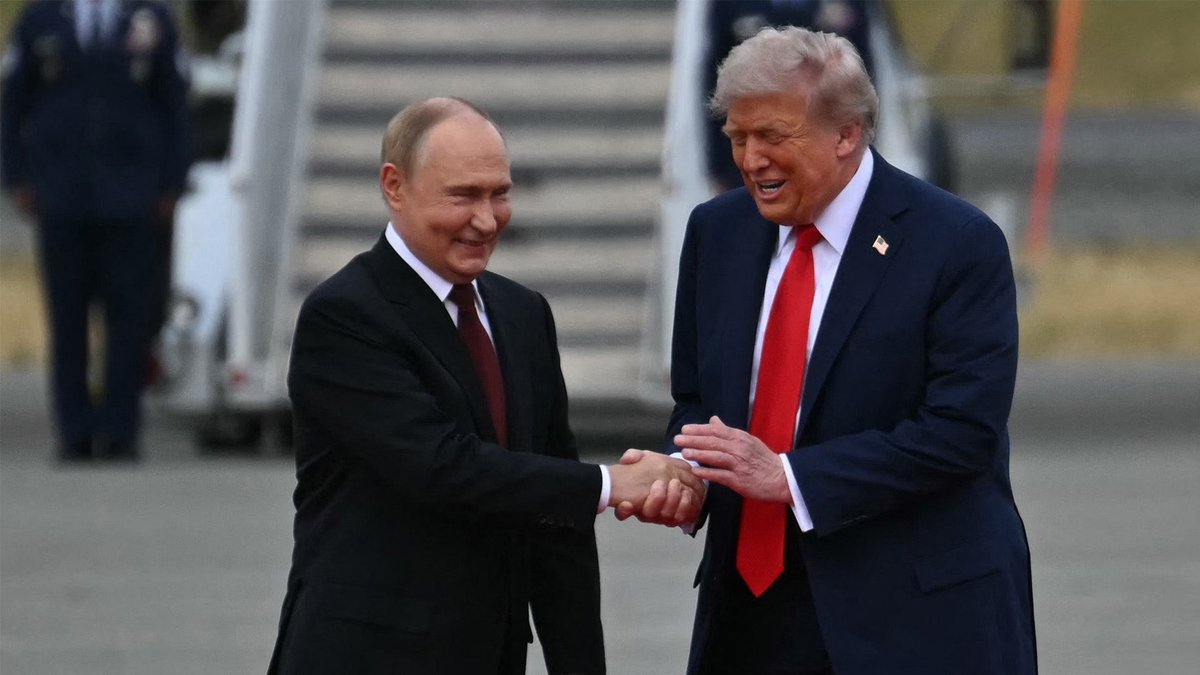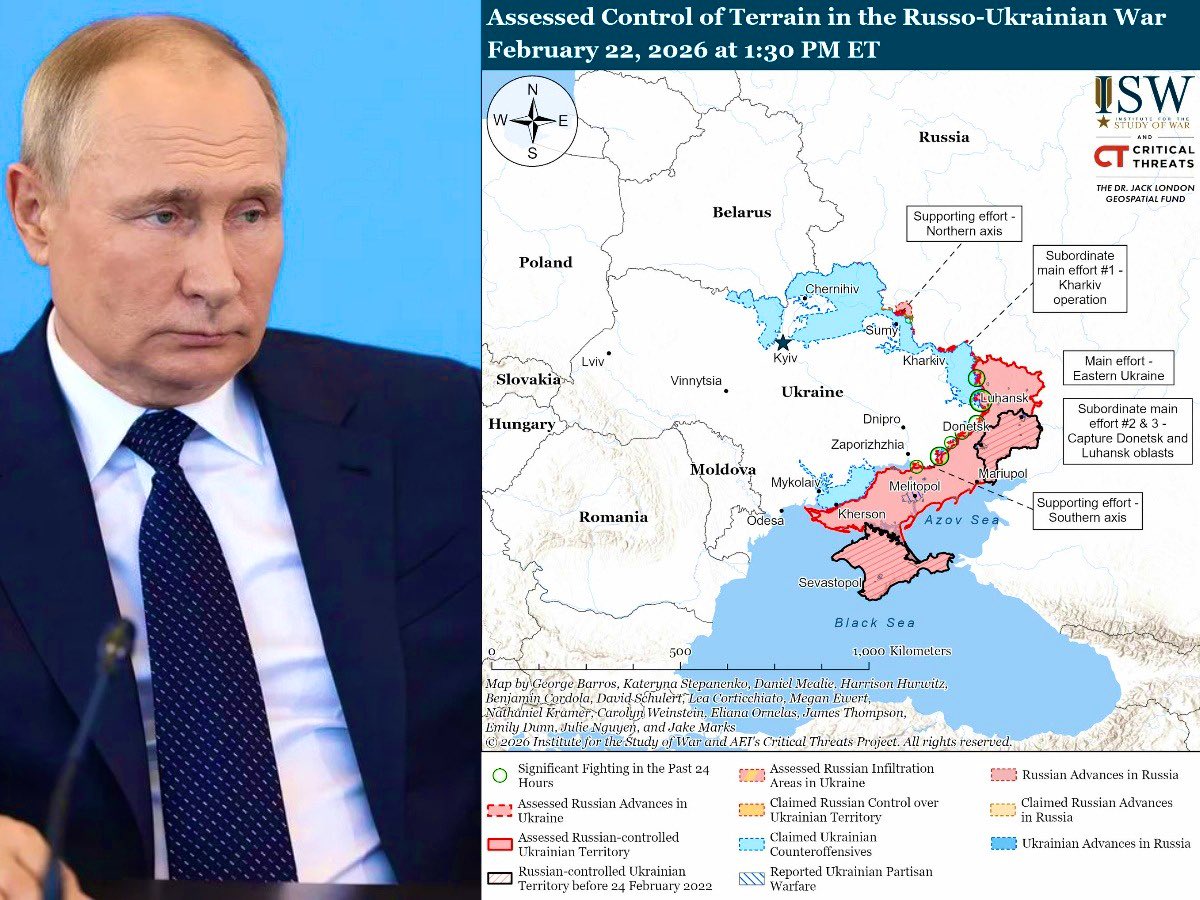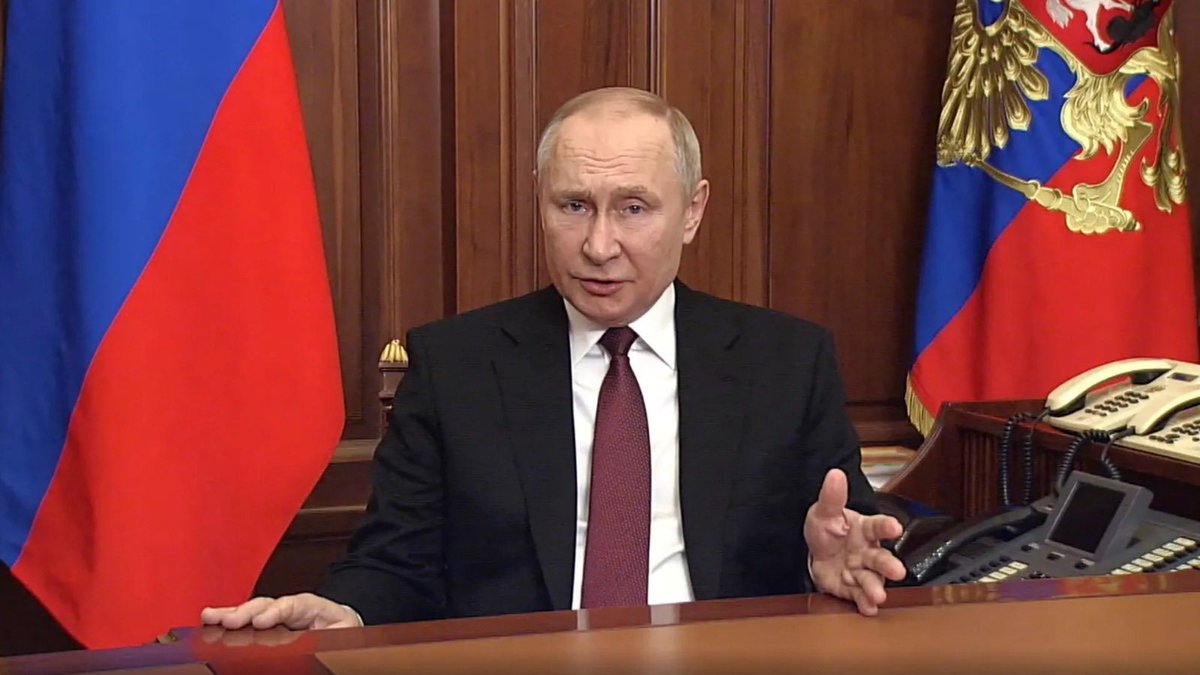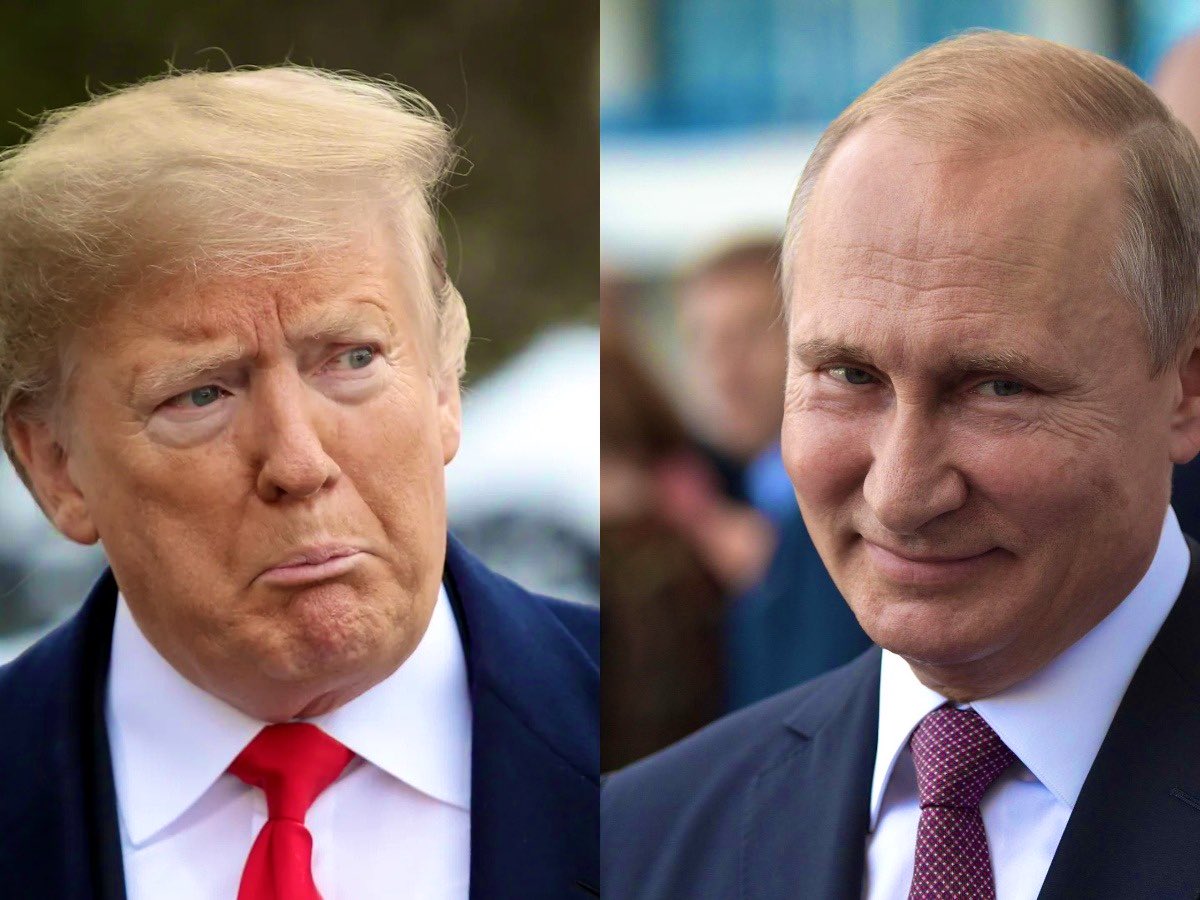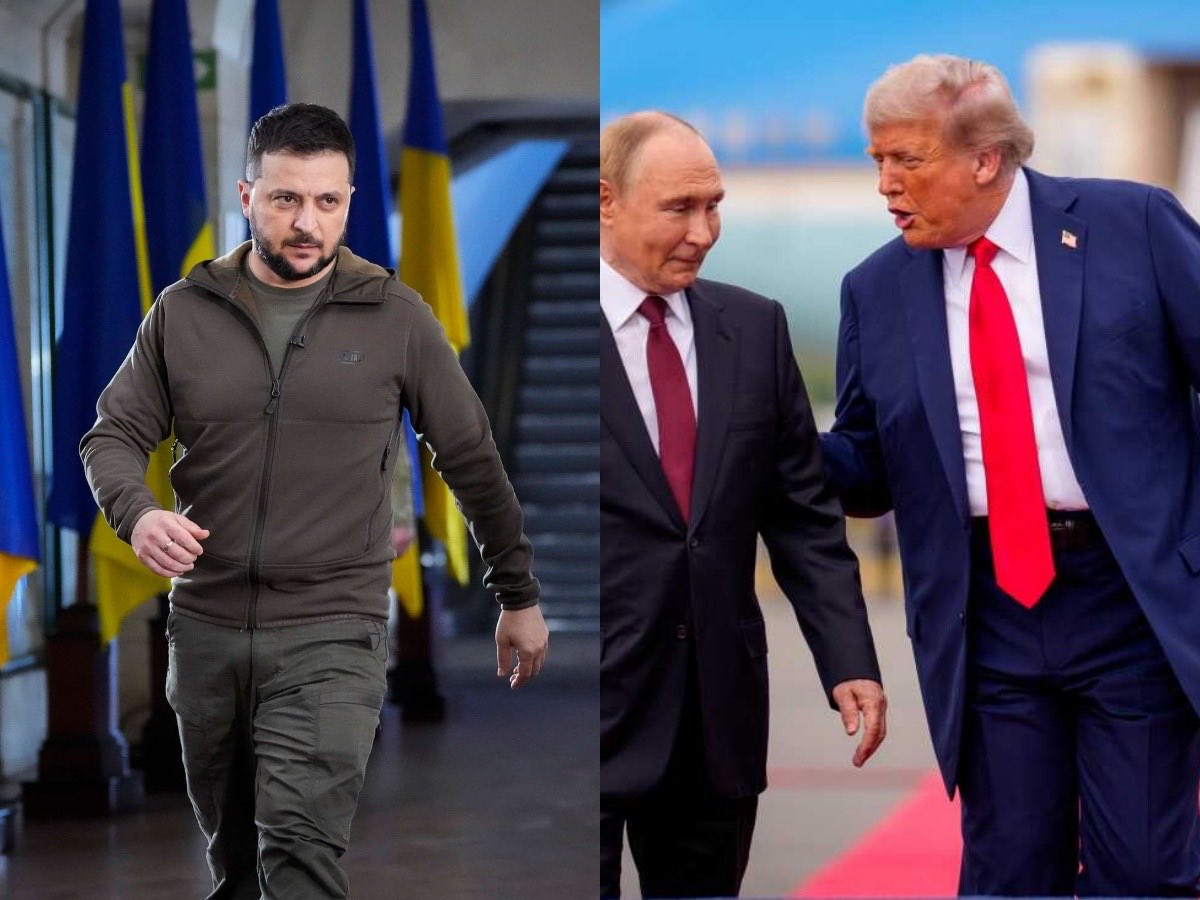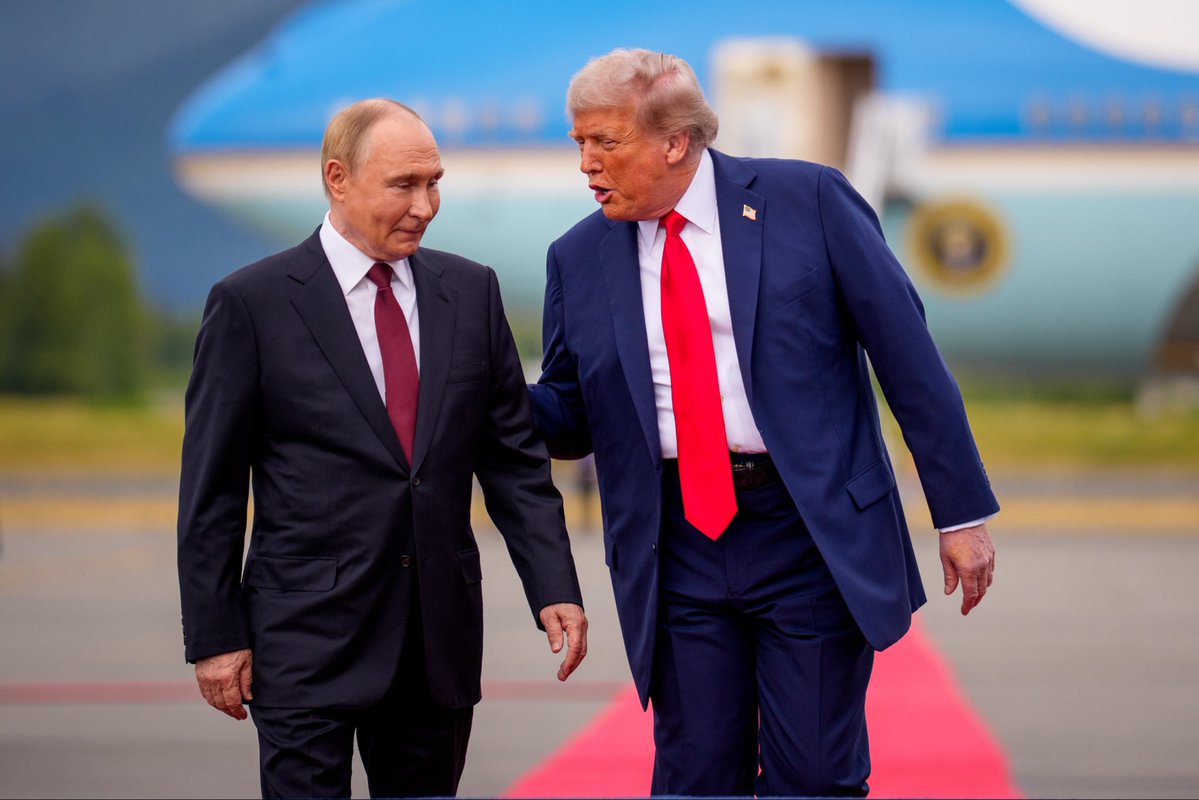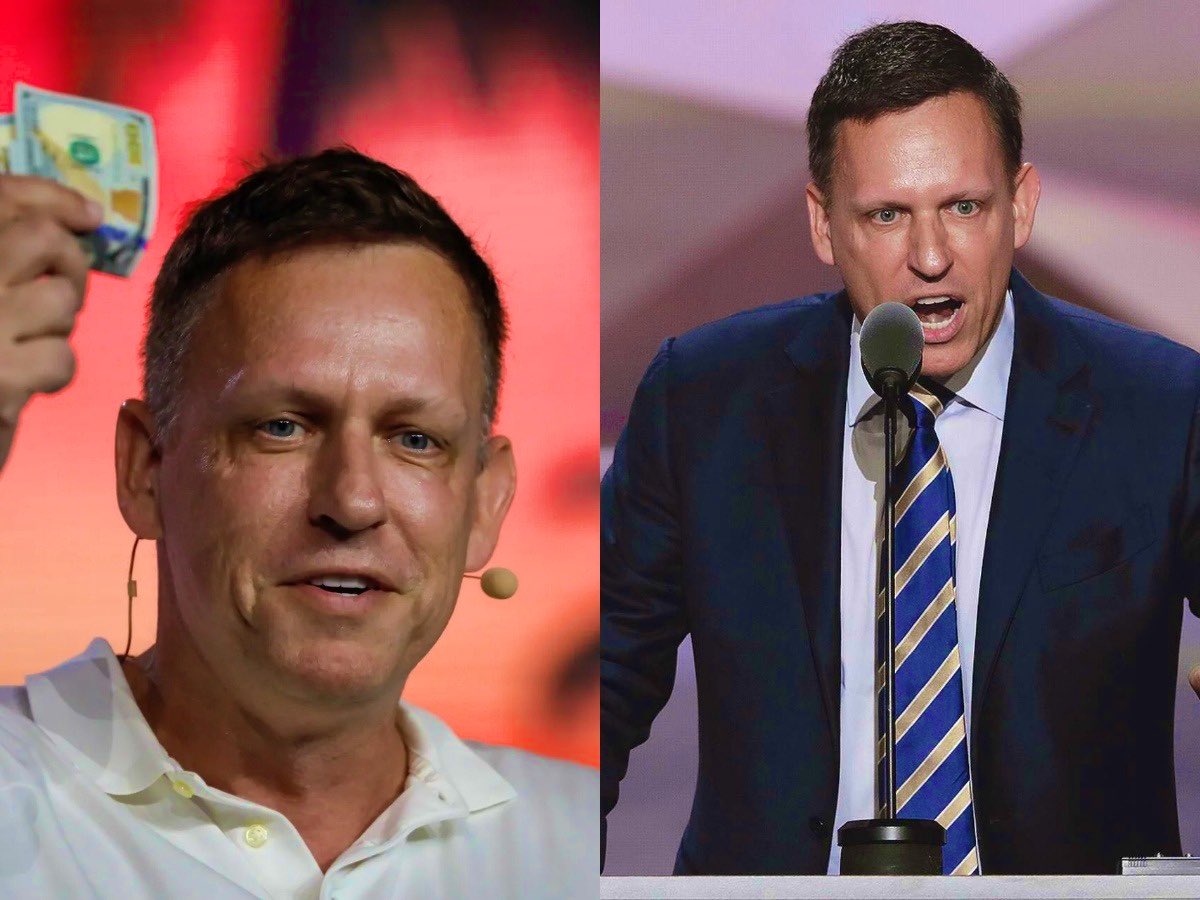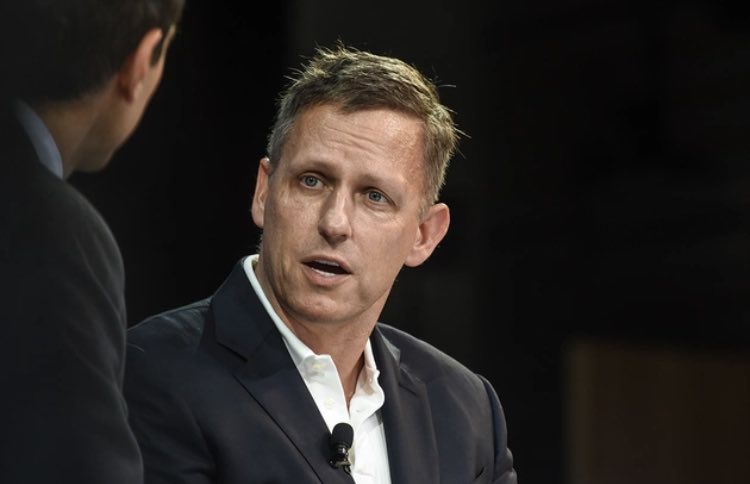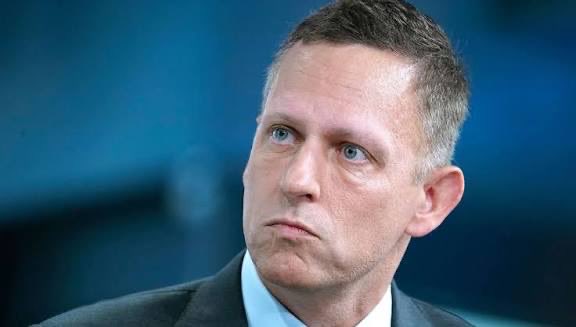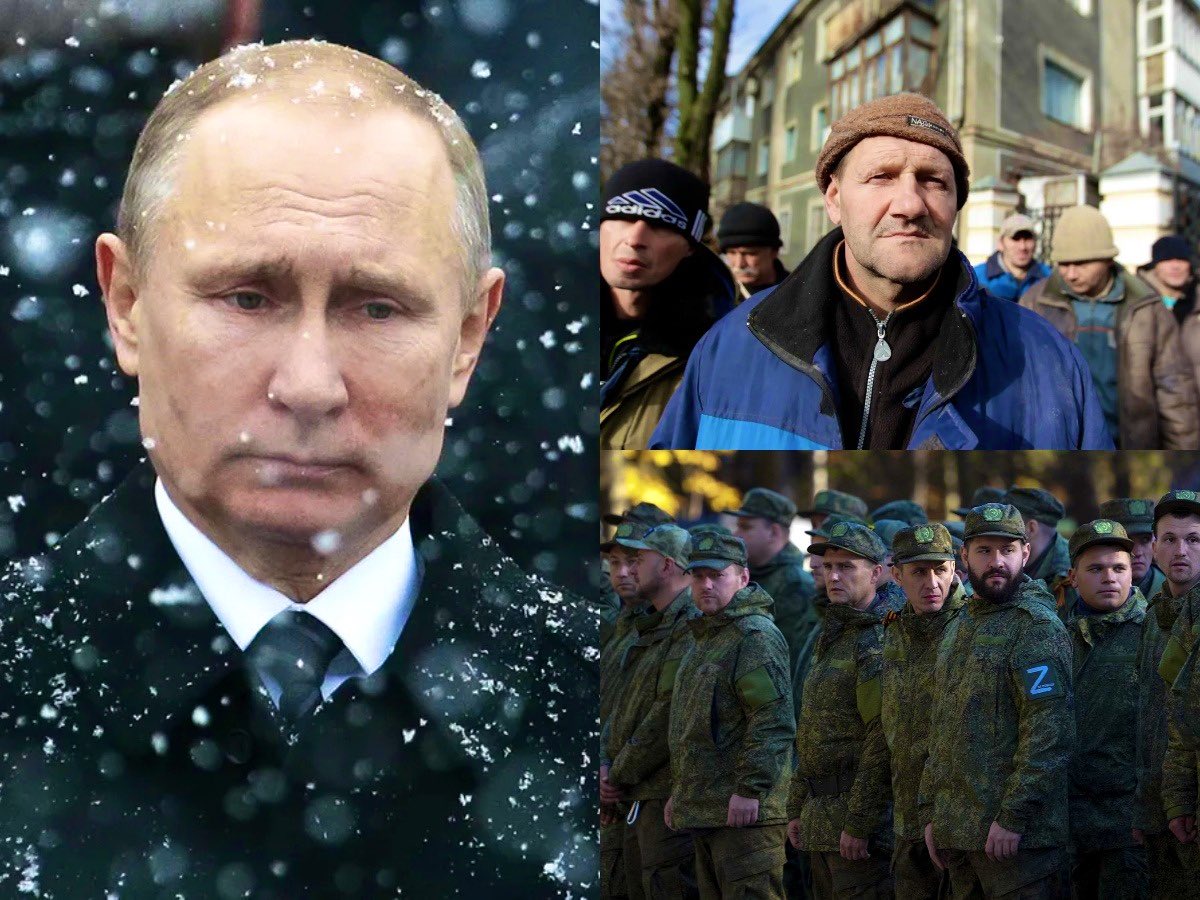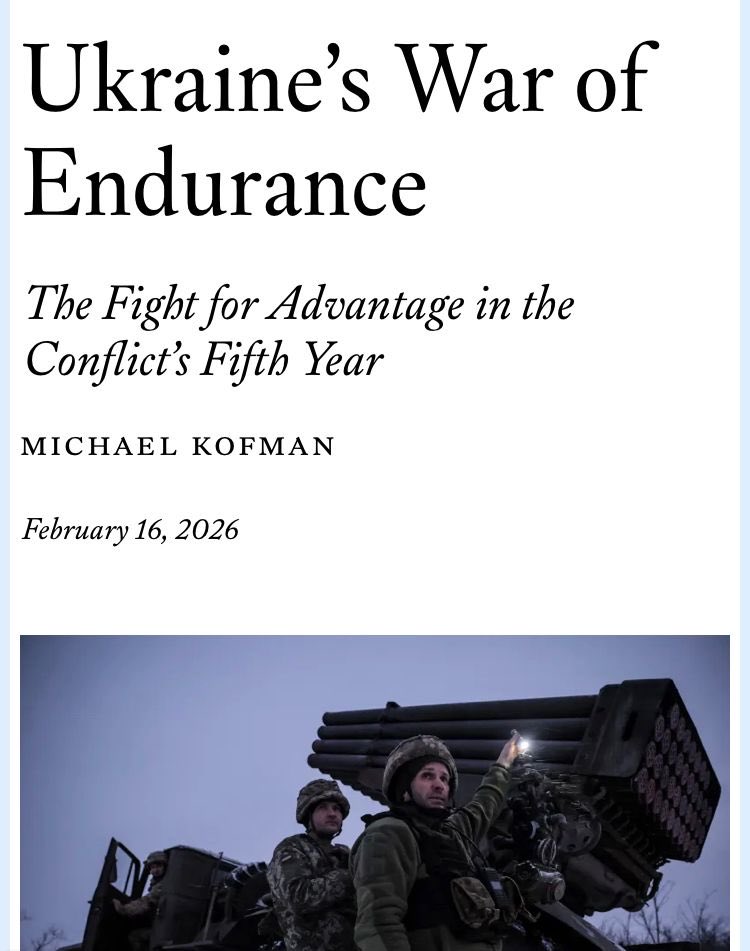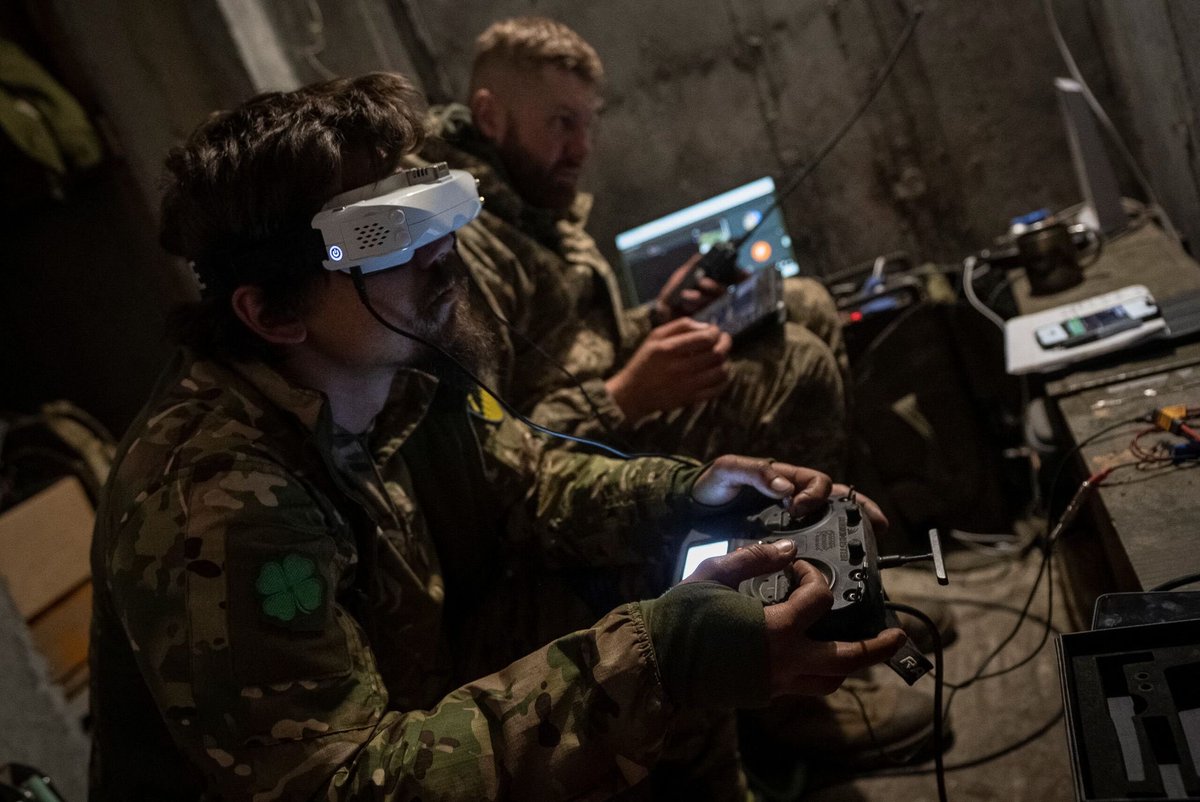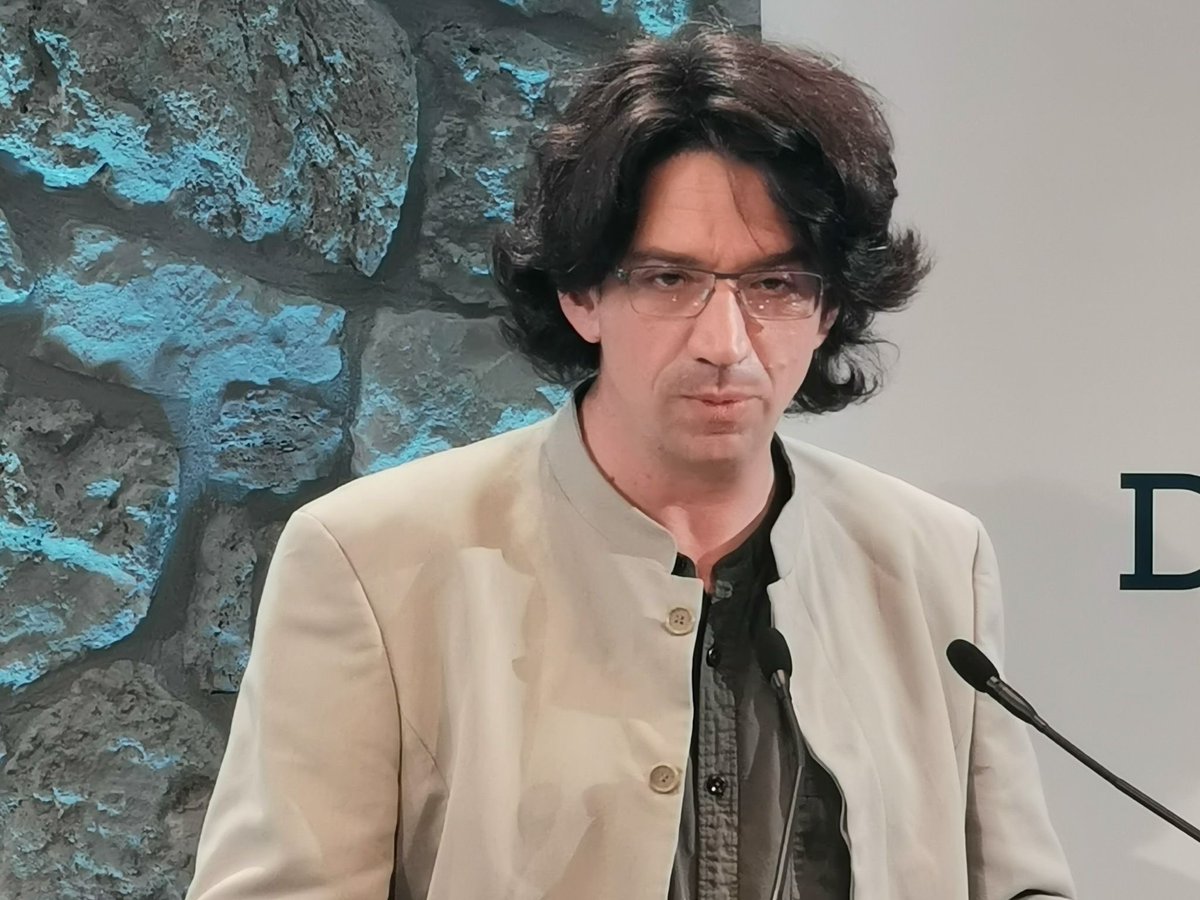1/10 Why russia is losing the war it started and why it will only cease its actions when confronted with strength 

2/10 russia's full-scale invasion of Ukraine has proven to be a failure thus far. Nearly three years into the conflict, russia has suffered over 700,000 casualties and continues to fight on its own soil in Kursk, all while failing to achieve its original strategic goals. 

3/10 By the end of March 2022, russia had occupied approximately 30% of Ukraine, but after nearly three years of fighting, it now controls only about 20%. Despite mobilizing and receiving significant support from its allies, russia is experiencing failure. 

4/10 At the beginning of the full-scale invasion, Ukraine held control of 23 regional capitals and cities with special status. russia currently occupies none of these, signifying a strategic failure. 

5/10 russia's economy is overheating, leading to a key interest rate increase to 21%. The inflation is primarily driven by labor shortages, heightened public spending, and sanctions. The economy is unlikely to stabilize unless the war ends or is significantly scaled back. 

6/10 russia is losing equipment at a much faster rate than it can produce, relying on its dwindling Soviet-era stockpiles to replace most of its losses. These stocks are running low, and production is unlikely to increase sufficiently in time to make up for the shortfall. 

7/10 russia has also experienced a coup attempt during the war, revealing that many russians are unwilling to defend the current regime. Prigozhin was able to seize Rostov, a city with a population of one million, without encountering any resistance. 

8/10 Putin currently believes russia's situation will improve, giving him no reason to end the war. The only way to compel him to stop is to convince him that continuing the conflict will worsen russia's future. 

9/10 russia will only end the war when faced with genuine strength. Ukraine's allies must show patience and commit to increased military aid, threatening prolonged support if russia continues, to enhance the chances of achieving peace. 
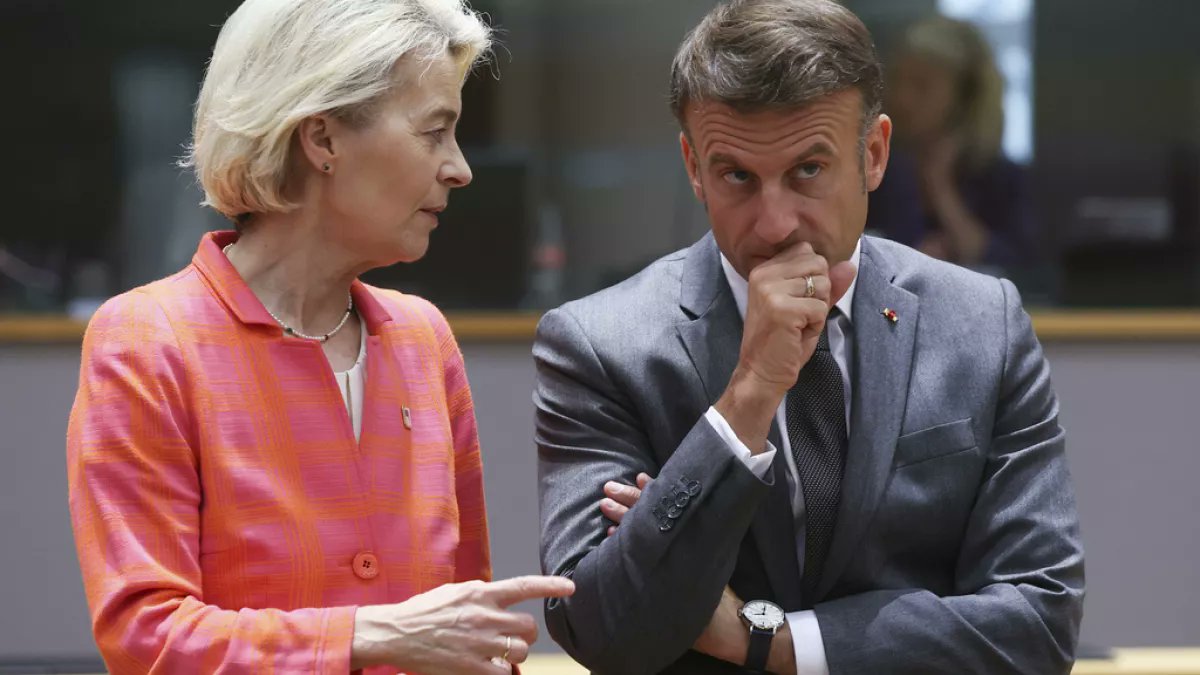
• • •
Missing some Tweet in this thread? You can try to
force a refresh



